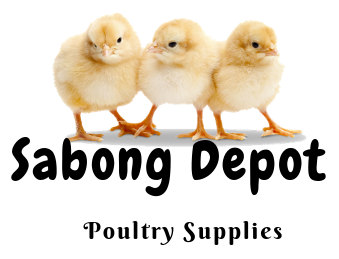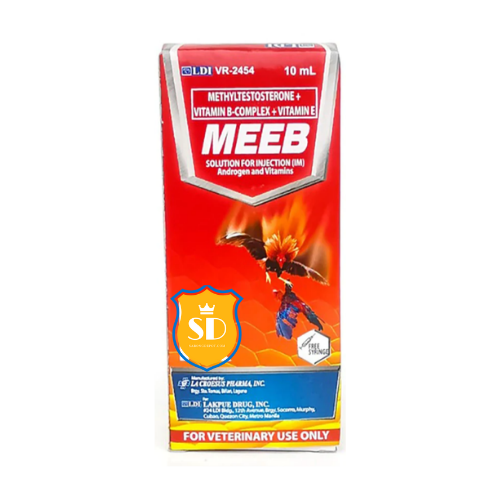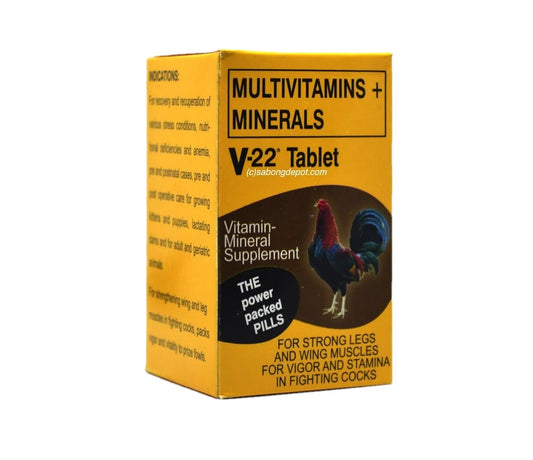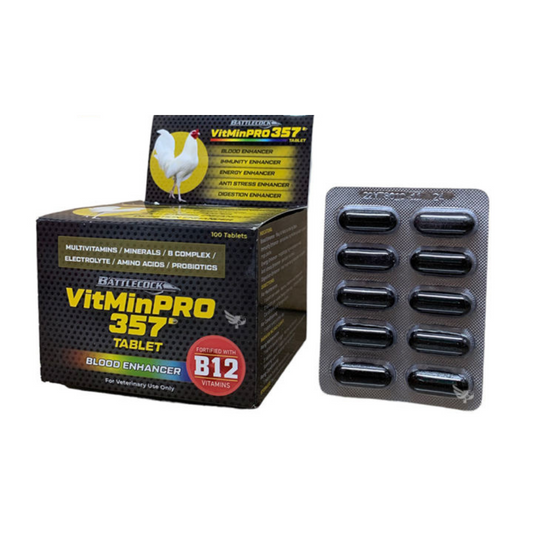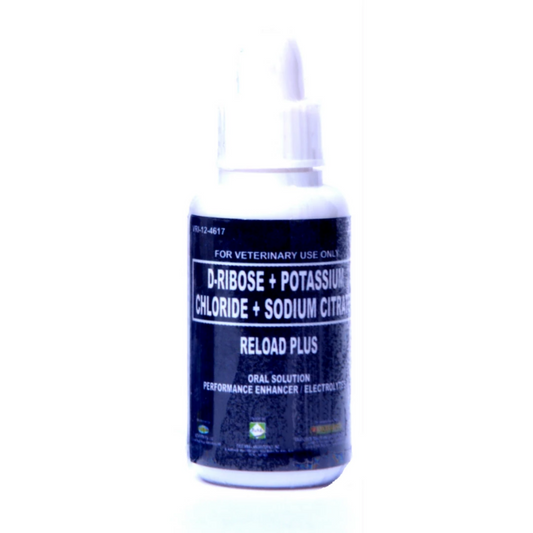The Critical Role of Thermoregulation
In the demanding world of gamefowl competition, where the edge between victory and defeat can be razor-thin, enthusiasts and breeders go to great lengths to ensure their birds are in peak condition. A key aspect of preparing a gamefowl for show is fine-tuning its body systems for optimal performance. Among these, thermoregulation plays a pivotal role in ensuring that a gamefowl can perform at its best. This article, derived from insights shared by a renowned gamefowl breeder, delves into the intricacies of thermoregulation and offers advice on supplementation and practices to enhance a bird's combat readiness.
Understanding Thermoregulation in Gamefowl
Thermoregulation refers to the process by which gamefowls maintain their body temperature within a certain range, even when the external temperature changes. It is crucial for their survival and optimal performance. This process encompasses several stages:
Moisture Out: The expulsion of heat and water from the body prior to "pointing" ensures the bird is not burdened by excess weight and can maintain its agility and speed.
Cooling In: This stage involves relaxing and returning the bird's body temperature to its normal range, preventing overheating and stress.
Heating Up: A slight increase in metabolism and body temperature ("Heating") just before a match makes the gamefowl more alert and responsive. It's essential that the bird reaches its peak ("point") when limber and in the ring, ready for action.
Key Factors to Prevent Downturn in Performance
Several factors need to be managed to ensure that a gamefowl doesn't lose its edge:
Body Oxygenation: Preventing anemia is crucial for maintaining high levels of stamina and agility.
Body Moisture: Proper hydration is essential, akin to the balance needed in a " Corky Feel" state.
Thermoregulation: Maintaining an optimal body temperature range (38.5°C - 39.5°C) is critical.
Gut Emptying: Ensuring the gut is empty for balance and agility.
Comfortable Rest (Keeping): Reducing stress while keeping the bird alert and ready is vital.
Enhancing Body Oxygenation: Supplements and Practices
To increase body oxygenation, which is vital for maintaining a gamefowl's stamina and overall health, the focus should be on ensuring healthy lungs and air sacs. A bird should not have experienced any respiratory problems at least a month before a show. Preventing anemia is another critical aspect, achievable through deworming or delousing to prevent blood loss.
For supplementation, a combination of iron, vitamin B12, and folic acid, typically found in multivitamins or B complex medicines, is recommended. These supplements support the production of red blood cells, enhancing the oxygen-carrying capacity of the bird's blood, which is crucial for energy and endurance.
Timing of Supplementation
The timing of supplementation is as crucial as the supplements themselves. For best results, these practices and supplements should be introduced well before the day of the show, allowing the gamefowl's body to adjust and optimize its systems. However, specific timelines can vary based on the individual bird's condition and needs, underscoring the importance of a tailored approach to each gamefowl's preparation.
In conclusion, mastering the art of thermoregulation and enhancing body oxygenation through strategic supplementation and practices is indispensable for preparing a gamefowl for competition. By focusing on these aspects, breeders can significantly improve their birds' performance, giving them a competitive edge in the arena. Stay tuned for the next part of our series on gamefowl supplementation, where we'll explore additional strategies to ensure your gamefowl is show-ready.
